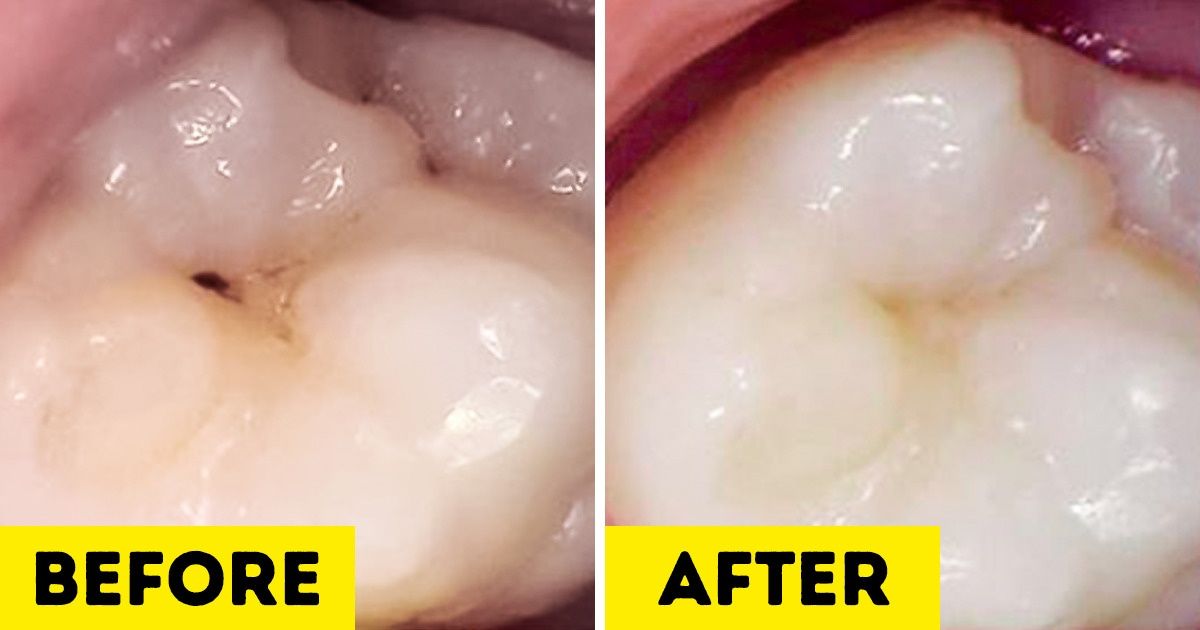Coffee is more than just a morning ritual—it’s a global phenomenon that fuels millions of people each day. With its rich aroma and invigorating caffeine boost, coffee has earned a place in the hearts and routines of individuals around the world. However, like many things in life, drinking coffee everyday comes with both advantages and potential drawbacks. In this comprehensive guide, we delve deep into the pros and cons of daily coffee consumption, examine the science behind its benefits and risks, and offer expert tips for enjoying your favorite brew without compromising your health.
Understanding Coffee: More Than Just a Beverage
Coffee is derived from roasted coffee beans, which are the seeds of berries from the Coffea plant. Known for its stimulating properties, coffee contains caffeine—a natural stimulant that affects the central nervous system. This stimulant is the primary reason why millions rely on coffee to kick-start their day, boost energy levels, and improve mental alertness.
The global coffee market is vast and dynamic, with trends continually evolving. From specialty blends and organic coffee beans to innovative brewing techniques and premium coffee subscriptions, coffee culture has transcended its traditional boundaries. Today, the conversation around coffee isn’t just about its flavor—it’s about its impact on health, productivity, and overall wellness.

The Health Benefits of Drinking Coffee Everyday
Enhanced Energy and Improved Cognitive Function
One of the most celebrated benefits of drinking coffee is its ability to boost energy and enhance cognitive function. Caffeine acts as a natural stimulant that can help reduce fatigue and improve concentration, making it a go-to choice for professionals and students alike. Studies have shown that caffeine can help improve reaction time, memory, and even mood, which is why many consider a cup of coffee as an essential part of their morning routine.
For more detailed insights on caffeine and cognitive function, you can explore articles available on Healthline.
Metabolism Boost and Potential Weight Loss Aid
Coffee has been linked to an increased metabolic rate, which can help in burning calories more efficiently. The thermogenic effect of caffeine can enhance fat oxidation, supporting weight loss efforts when combined with a balanced diet and regular exercise. This makes coffee a popular choice among fitness enthusiasts and those looking to maintain a healthy weight.
Research from the Mayo Clinic provides additional context on how caffeine can influence metabolism.
Rich in Antioxidants and Disease Prevention
Coffee is a significant source of antioxidants, compounds that help fight free radicals in the body. Antioxidants are crucial for reducing oxidative stress, which has been linked to various chronic diseases such as heart disease and cancer. By drinking coffee everyday, you may benefit from a natural source of these protective compounds.
For more scientific details, refer to studies published by the Harvard T.H. Chan School of Public Health.
Social and Cultural Benefits
Beyond its physical health benefits, coffee plays a significant role in social interactions and cultural traditions. Coffee shops provide a space for community gatherings, creative work sessions, and casual meetings. This cultural phenomenon adds a layer of social well-being to the coffee-drinking experience. Additionally, premium coffee products such as artisan blends, organic coffee beans, and high-end espresso machines have created a booming market that caters to discerning palates and lifestyle enthusiasts.

Potential Risks and Drawbacks of Drinking Coffee Everyday
Sleep Disruption and Increased Anxiety
While coffee can boost alertness, excessive caffeine intake—especially later in the day—may interfere with your sleep patterns. Caffeine is known to disrupt sleep cycles, leading to insomnia or reduced sleep quality. For individuals who are sensitive to caffeine, this can result in increased anxiety and a heightened sense of restlessness.
If you want to learn more about caffeine’s impact on sleep, the American Academy of Sleep Medicine offers comprehensive guidelines and recommendations.
Digestive Issues and Acid Reflux
For some people, coffee can be a trigger for digestive discomfort. The acidity in coffee may lead to acid reflux or an upset stomach, particularly if consumed on an empty stomach. Chronic digestive issues can diminish the overall quality of life and may require individuals to modify their coffee consumption habits.
For expert advice on managing these symptoms, check out resources from WebMD.
Caffeine Dependence and Withdrawal Symptoms
Regular consumption of coffee can lead to caffeine dependence, which may result in withdrawal symptoms such as headaches, irritability, and fatigue when you miss your usual cup. While moderate caffeine intake is generally safe, developing a reliance on it can impact your natural energy levels and overall well-being.
Search terms like “caffeine dependence” and “caffeine withdrawal” are frequently used by those looking to understand how to manage or avoid dependency. Detailed insights on caffeine withdrawal are available on Healthline.
Impact on Heart Health and Blood Pressure
There is ongoing debate regarding coffee’s effects on heart health. While some studies suggest that moderate coffee consumption may have protective cardiovascular benefits, others indicate that high caffeine intake can lead to increased blood pressure and heart rate. Individuals with pre-existing heart conditions or hypertension should monitor their caffeine consumption closely and consult with healthcare professionals for personalized advice.
For balanced information, consider reviewing research available from the American Heart Association.
Balancing the Pros and Cons: How Much Coffee Is Too Much?
Determining the right amount of coffee to drink each day is crucial for maximizing its benefits while minimizing the risks. The general consensus among experts is that moderate coffee consumption—typically around 3 to 4 cups per day—is safe for most adults. However, this can vary based on individual factors such as age, weight, overall health, and caffeine sensitivity.
Individual Tolerance and Lifestyle Considerations
Everyone’s body reacts differently to caffeine. Some individuals may thrive on a higher intake, while others may experience negative side effects with even a small amount. It is essential to listen to your body and adjust your coffee consumption accordingly.
Expert Recommendations and Research
Leading health organizations like the Mayo Clinic suggest that up to 400 milligrams of caffeine per day—roughly equivalent to 4 cups of brewed coffee—can be part of a healthy diet for most adults. However, if you have specific health concerns, it’s advisable to consult with a healthcare professional before making any significant changes to your coffee habits.
Expert Tips for Safe and Enjoyable Coffee Consumption
For those who enjoy coffee and want to reap its benefits without falling prey to its potential drawbacks, here are some expert tips:
Choose High-Quality, Organic Coffee
Opt for organic coffee beans and premium blends to ensure that you’re consuming a product free from harmful chemicals and pesticides. High-quality coffee not only tastes better but may also offer more robust health benefits.
Time Your Coffee Consumption Wisely
To avoid interfering with your sleep, try to limit your coffee intake to the morning and early afternoon. Avoid drinking coffee late in the day to reduce the risk of sleep disturbances and anxiety.
Invest in a Quality Coffee Maker
For coffee enthusiasts, investing in a high-quality coffee maker or espresso machine can enhance the overall coffee experience. Whether you’re brewing a single cup or a full pot, the right equipment can make all the difference in taste and consistency.
Experiment with Different Brewing Methods
Different brewing methods can extract various flavors and benefits from coffee. Experiment with French press, pour-over, or even cold brew techniques to find the method that best suits your taste and lifestyle. This not only keeps your daily routine exciting but also maximizes the potential health benefits of your brew.
Monitor Your Caffeine Intake
Keep track of how much caffeine you’re consuming daily, especially if you’re also drinking other caffeinated beverages like tea or energy drinks. Using a caffeine tracker app or maintaining a simple journal can help you stay within the recommended limits and avoid dependence.
The Future of Coffee: Trends and Innovations
Coffee culture is continuously evolving, with new trends emerging every year. Innovations in coffee brewing technology, sustainability practices, and even personalized coffee blends are setting the stage for the future of this beloved beverage. The rise of premium coffee subscriptions and artisanal blends reflects a growing consumer demand for quality and authenticity. Staying informed about these trends can help you make better choices and enjoy a more fulfilling coffee experience.
For those interested in exploring the latest in coffee technology, websites like Sprudge provide up-to-date information on coffee trends, innovative brewing techniques, and the best new coffee gadgets available on the market.
Final Thoughts: Enjoying Coffee in Moderation for a Healthier Lifestyle
Drinking coffee everyday can be a double-edged sword—offering significant health benefits when enjoyed in moderation while also posing risks if consumed excessively. By understanding the pros and cons, you can make informed decisions about your coffee habits and tailor your consumption to fit your lifestyle and health needs. Whether you’re seeking enhanced energy, improved cognitive function, or simply the pleasure of a well-crafted cup, the key is balance.
Remember that individual tolerance varies, and it’s important to listen to your body. If you experience negative symptoms such as insomnia, anxiety, or digestive issues, consider adjusting your intake or exploring alternative brewing methods. Consulting with healthcare professionals can provide personalized guidance tailored to your unique needs.
By incorporating high-quality coffee, mindful consumption practices, and modern brewing technologies, you can continue to enjoy the benefits of coffee while mitigating its potential drawbacks. Embrace the cultural and social aspects of coffee as well—after all, coffee is not just a beverage; it’s an experience that brings people together and fuels creativity and productivity.
For more expert advice on coffee consumption, check out resources from the American Heart Association and the Mayo Clinic. These organizations provide valuable insights and guidelines to help you navigate the complexities of caffeine consumption and maintain a balanced, healthy lifestyle.
In conclusion, the decision to drink coffee everyday is a personal one. With thoughtful consideration and moderation, you can harness the positive aspects of coffee—such as increased alertness, metabolism boost, and antioxidant protection—while minimizing potential risks like sleep disruption and anxiety. Enjoy your coffee, experiment with different brewing methods, and always stay informed about the latest research to make the most of every cup.









